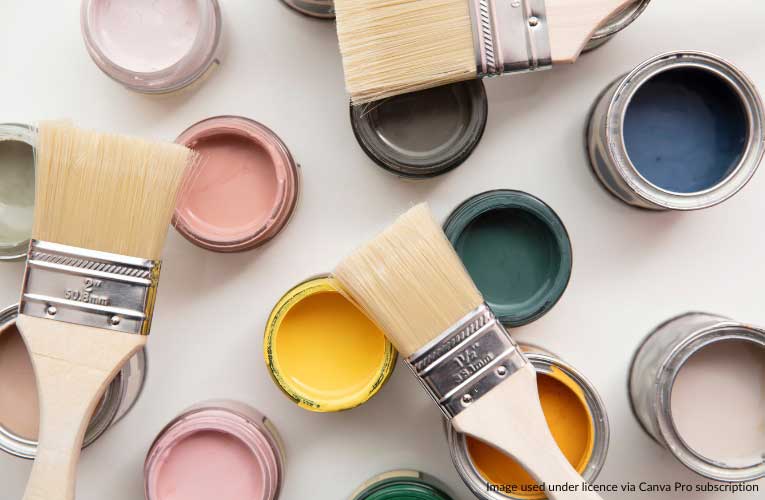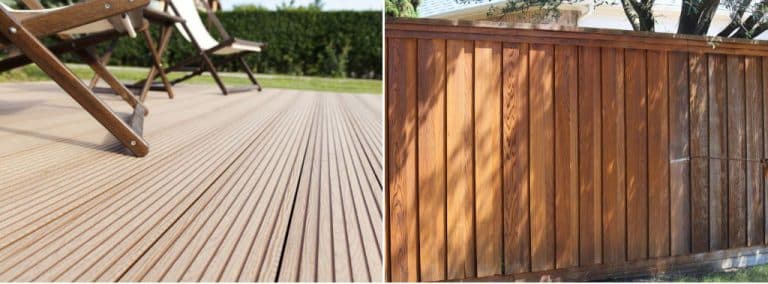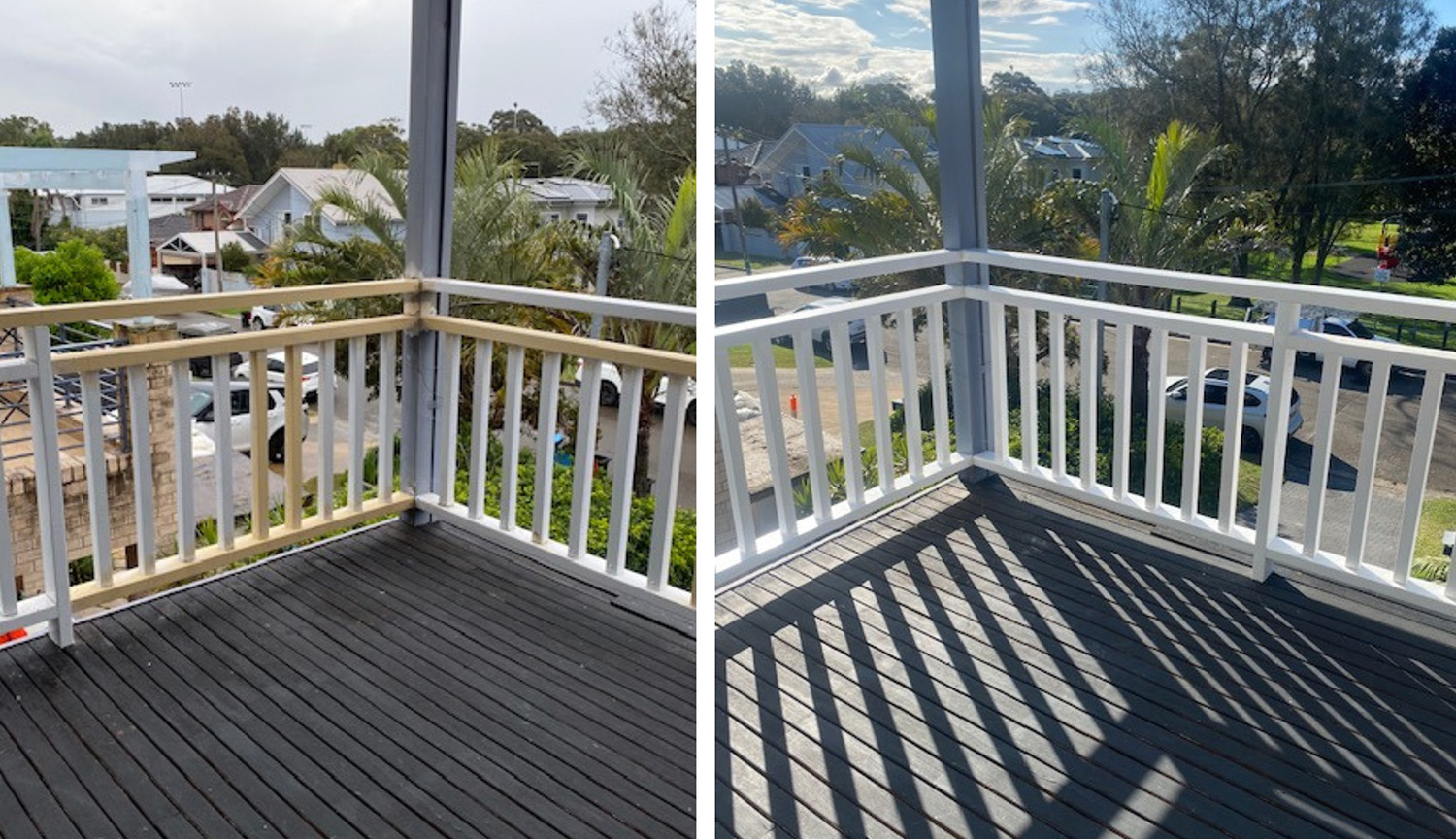Keeping your pets safe is a year-round job, they are clever and curious and love to explore. Here are some tips on how to keep your fur babies healthy and safe.
FENCING
Jumpers: A determined dog can jump higher than we might imagine. Here are some ideas to stop a dog from jumping over your fence:
- Plant bushes roughly 60cm from the inside of the fence. A dog won’t be able to get a running start and jump over the bushes and over the fence.
- If your dog can see through your fence to the fascinating world beyond, it may be tempted to jump over it. Block the view with bamboo or reed fencing.
- Install angled fencing (called a “lean-in”) at the top of your fence. A dog can’t jump over fencing that angles inwards.
- If you have a low fence, you may need to consider replacing it with a taller one to stop your dog from escaping.
Diggers: Here are some ideas to stop your dog from digging under your fence:
- Dig a hole about 30cm below the bottom of your fence and install chicken wire. Attach it to the bottom of your fence and fill in the hole. If your dog keeps running into underground obstacles, it will eventually stop digging.
- Installing railway sleepers or treated pine logs under or next to your fence is another way to stop your dog from digging under your fence.
- If your dog is very persistent you may need to install bricks or pour concrete under the soil around your fence.
POISONS
Food Poisons: Certain foods can be dangerous for your pets. Chocolate, especially dark chocolate is harmful, as are onions and garlic (in large quantities) and raisins and grapes. Unbaked yeast bread dough, food, and drink with caffeine as well as alcohol should all be kept away from our pets.
Liquid Poisons: Some of the chemicals we use in our homes can be poisonous to your pet. Detergents and bleach, household cleaners, and glues and paints can cause harm if swallowed or inhaled, or if it comes in contact with the skin and fur. Keep these items, as well as garden fertilizers and poisons, away from areas where your pets can reach them. Install locks on cupboard doors as an extra layer of security.
Human Medications: If your pet swallows your medication it can cause major medical issues. All medication in the home should be placed out of reach of pets (or in locked cupboards).
PET DOORS
Pets need lots of exercise, activity and mental stimulation. They need freedom to run and dig a hole, roll around on the grass, or play. If they are always kept indoors they may start to display negative behavior like chewing and scratching furniture, doors or skirting boards, and tearing upholstery. To prevent bad behaviour and damage to your property, consider installing a pet door.
SCREEN DOORS
Some cats and dogs scratch at screen doors to try and get outside or to sharpen their claws, causing damage. Here are some tips prevent this:
- Install a security mesh screen door. These are not only pet-proof but will also stop burglars from cutting the mesh and gaining entry into your home.
- If you don’t want to go to the expense of replacing your screen door, hire a professional to replace the mesh with pet-proof screen. Alternatively, you can install a piece of Plexiglas to the bottom of your screen so your pet can’t ruin it.
- Some pets will scratch at your screen because they want to get outside. If this is the case, install a pet door (see Pet Doors tips above).








